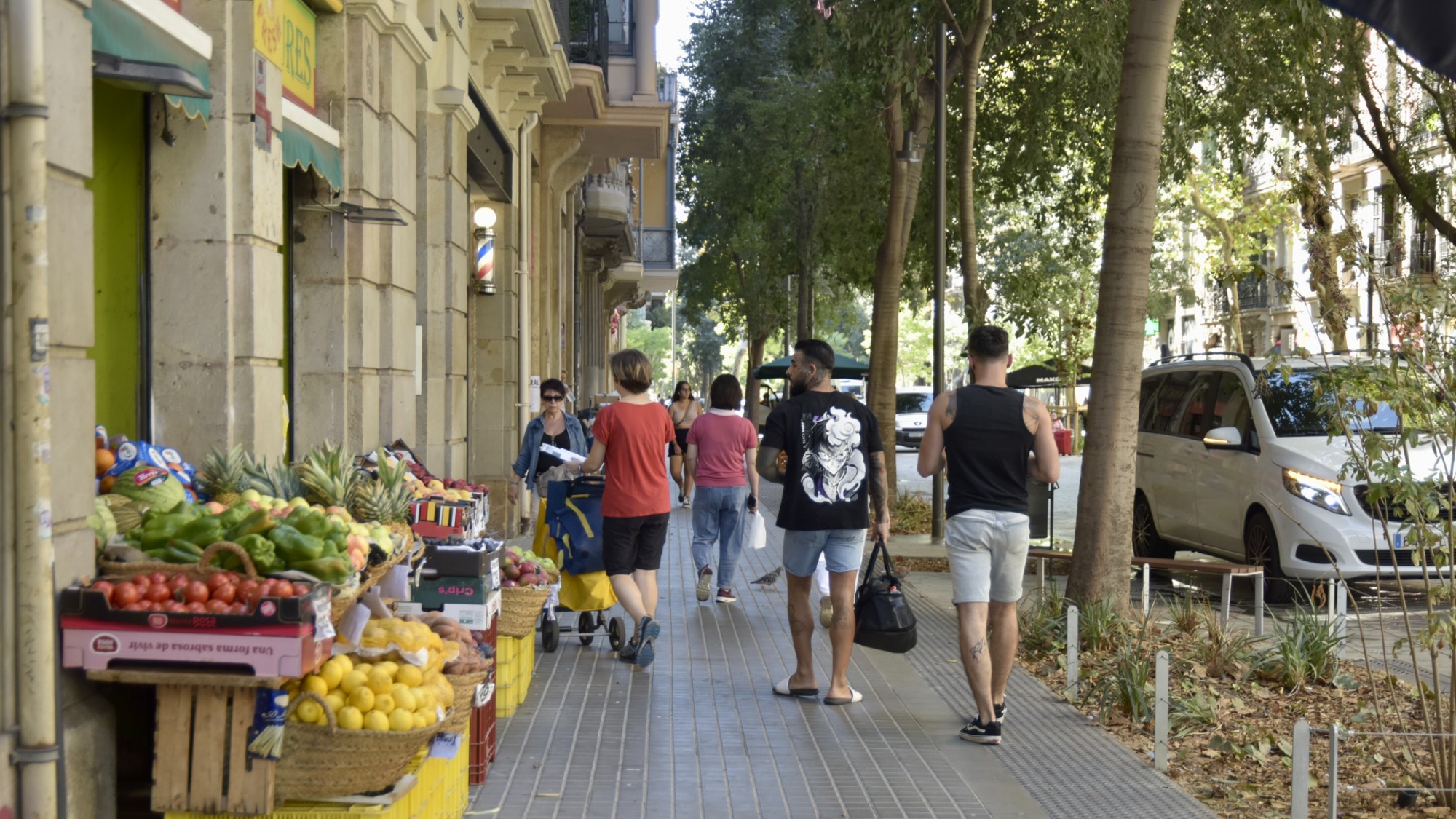'It's something urban planners think could work in the United States'
Opinion, comment and editorials of the day


A free daily email with the biggest news stories of the day – and the best features from TheWeek.com
You are now subscribed
Your newsletter sign-up was successful
'How to transform city streets — without losing your parking spot'
Amanda Shendruk at The Washington Post
More "street space for people means less space for vehicles," but "there's a way to have your park — and parking, too," says Amanda Shendruk. It's "called a superblock — an urban planning concept that is gaining traction throughout Europe." Superblocks "don't aim to eliminate cars; they just make them less important." Taking car spaces "can be a hard sell." But if "we care about the well-being of our communities," city planners "can't stick with the status quo."
The Week
Escape your echo chamber. Get the facts behind the news, plus analysis from multiple perspectives.

Sign up for The Week's Free Newsletters
From our morning news briefing to a weekly Good News Newsletter, get the best of The Week delivered directly to your inbox.
From our morning news briefing to a weekly Good News Newsletter, get the best of The Week delivered directly to your inbox.
'Trump's helicopter did not crash land, but Trump did'
Bill Press at The Hill
It is "tempting to laugh off Trump's helicopter fantasy as a momentary lapse of memory," but it's "much more serious than that and should be taken more seriously for a couple of reasons," says Bill Press. His "phony helicopter tale does not stand alone. It's just the latest in a string of weird comments," so it's "time the media stopped treating Donald Trump like a normal candidate and started portraying him for what he is: An angry old man."
'We all pay the price for protectionism'
Phil Gramm and Donald J. Boudreaux at The Wall Street Journal
A free daily email with the biggest news stories of the day – and the best features from TheWeek.com
"Protectionism and industrial policy misallocate resources and reduce economic efficiency," says Phil Gramm and Donald J. Boudreaux. When "firms in a free market produce outputs that consumers won't buy, the money entrepreneurs and investors lose is their own," and when "protectionists and industrial-policy planners make mistakes, they often mask them with more subsidies and tariffs — at taxpayers' expense." In "attempting to answer" the jobs question, it "becomes clear that the new mantra is the same old siren song."
'The H1-B lottery is too easily gamed. Here's how to fix it.'
Bloomberg editorial board
H1-B visas for educated foreigners are "awarded not by merit but by lottery," but this "random allocation never made much sense," says the Bloomberg editorial board. This lottery has "imposed an inefficient and unpredictable standard that prevents employers from hiring the best candidates." A "better approach would be to scrap the lottery in favor of a merit-based system," while "another option is to prioritize higher-wage earners, who are typically more skilled."
Justin Klawans has worked as a staff writer at The Week since 2022. He began his career covering local news before joining Newsweek as a breaking news reporter, where he wrote about politics, national and global affairs, business, crime, sports, film, television and other news. Justin has also freelanced for outlets including Collider and United Press International.
